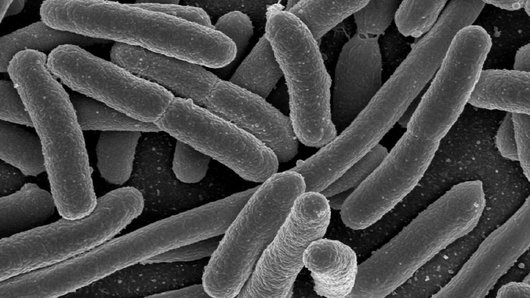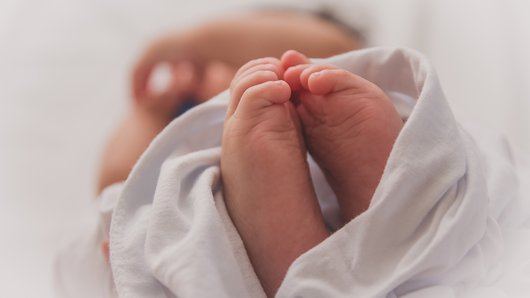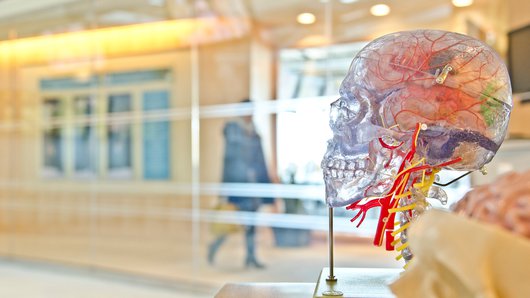My Mind and My Microbes
 The invisible world
The invisible world
We are covered, inside and outside, by trillions of microbes. They live happily in cooperation with our own cells, and for a long time we thought little of the interaction between the two. These days however, there is increasing evidence that our microbiota actively participates in many aspects of our lives, including our development, our diet, as well as both our physical and mental wellbeing. Bacteria in our gut can release several products that cross the intestine barrier to be transported by the blood stream. Interestingly, these proteins can also breach the blood brain barrier, possibly influencing brain development.

When a baby is born, it is immediately exposed to many strains of bacteria and other microbes, which colonize its gut. If it is a natural birth, the early colonizers are usually those found in the mother’s vaginal canal, while babies born by caesarian section usually show a population of bacteria usually found in the environment. The long term effects of this are still under investigation, but there is a possibility that babies born by Caesarian could have a higher chance to develop neurological disorders. Scientists are now working on determining the exact window in which the microbiota of a newborn can influence brain development, so that they can figure out possible intervention.

There have been some tentative links established between gut microbiota disturbances, and various conditions, such as diabetes, gut disorders, and even neurological issues like depression. Gut bacteria produce neurotransmitters like dopamine and serotonin, which can affect human behavior. To this end, scientists are looking into developing psychobiotics, which are pro- and/or pre-biotics that might be used to ease symptoms of depression and anxiety. It must be noted however that these studies are very preliminary, and currently probiotics are not a replacement for anti-depressant medication.

Considering the fact that gut bacteria influence so much of your life, can you eat your way to happiness? This is an interesting question as well, as there have been several studies for example about the Mediterranean diet that seems to alleviate some symptoms of depression. In any case, ensuring a good diet with proper nutrients is good for the body and the microbiota.

This area of research is growing very quickly these days, but how this translates into making real changes in your lifestyle is still unclear. So what can we do, right here and right now? From what we know so far, making healthy life choices when it comes to food, exercise and stress management seems to be key to keeping your microbes, and eventually you, happy. Admittedly, we already knew all this, but now at least there is more and more scientific evidence that this really does work!
Sheba, the writer of this blog, is a volunteer at the Micropia-lab and has her own blog: We Talk Science.
